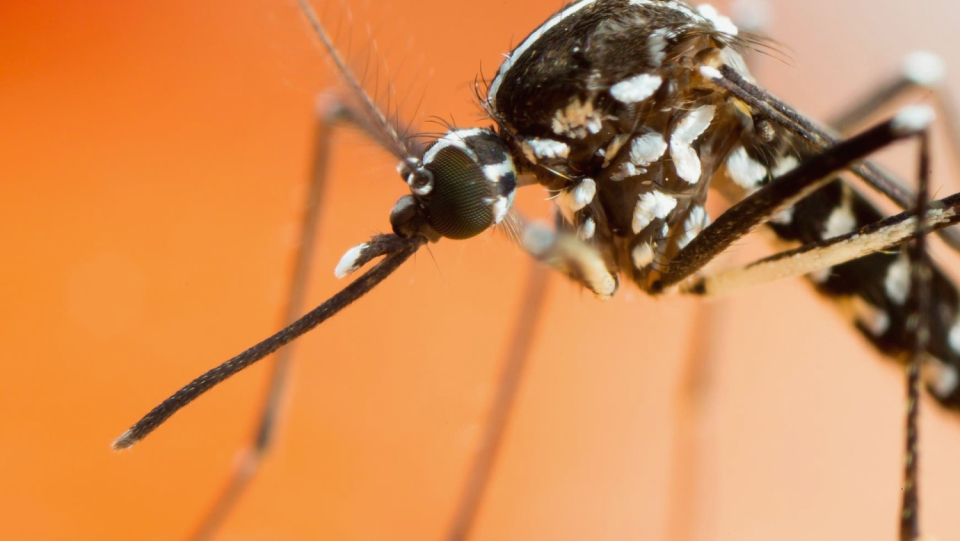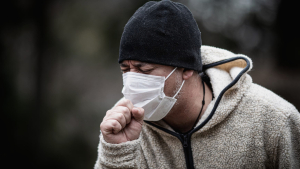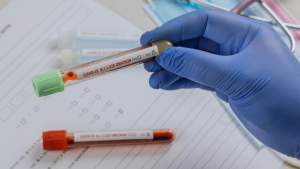Climate change increases the spread of many pathogens. A team of researchers from the University of Hawaii concludes that 58 percent of the sufferings triggered by pathogens can be worsened by climate change. This happens due to the warming itself, but also through extreme weather phenomena such as droughts, floods or heat waves. The study in the specialist journal »Nature Climate Change« was based on a list of 375 diseases worldwide that are triggered by pathogens such as viruses, bacteria, plant pollen or fungi.
In their literature search, the researchers found more than 1000 individual pathways, each of which was a pathogen promoted by climate change. For example, weather extremes can weaken the human immune system through stress or malnutrition and increase susceptibility to infections. Droughts, on the other hand, ensure that humans and animals live together in a confined space, which increases the risk of zoonoses, to name just a few examples.
Experts look worried primarily on pathogens that are transmitted by vectors such as mosquitoes and ticks.
There is a chance that tropical diseases will soon spread to other parts of the world.
The President of the Robert Koch Institute (RKI), Lothar Wieler, had previously called on to look at exotic diseases here. "Climate change in Germany leads to an expansion of habitats for mosquitoes and ticks," said Wieler to the newspapers of the Funke media group. "Many mosquito and tick types can transmit viral, bacterial and parasitic infections." This could be Zika or Dengue viruses. "It is also possible to return to malaria, which is caused by plasmodia." An important concern of the RKI is therefore to sensitize the medical profession to these diseases.
Renke Lühken, ecologist at the Bernhard Nocht Institute for Tropical Medicine in Hamburg, also sees the development with concern. "In general, higher temperatures and changes in precipitation regimes increase the risk of pathogens transmitted by so-called vectors, such as mosquitoes or ticks. This is worrying because only a few of these pathogens have approved vaccines," says the expert, who was not involved in the article.
"In Germany and in Europe, we are already observing the influence of climate change-related events on pathogens. Pathogens transmitted by vectors also play a major role here," explains Lühken. "Exotic mosquito species such as the Asian tiger mosquito are establishing themselves in large parts of Europe. This is particularly responsible for outbreaks of the Chikungunya and dengue viruses in the Mediterranean region.«
In view of the impending risks due to the diseases fueled by climate change, the University of Hawaii research team sees the need for "aggressive measures to limit greenhouse gas emissions".
Lühken shares this assessment. "The study impressively shows that many different transmission paths have an impact on various pathogens," says the expert. »This complexity makes a social adaptation very difficult, so that the reduction in greenhouse gas emissions must continue to be the most important countermeasure.



















